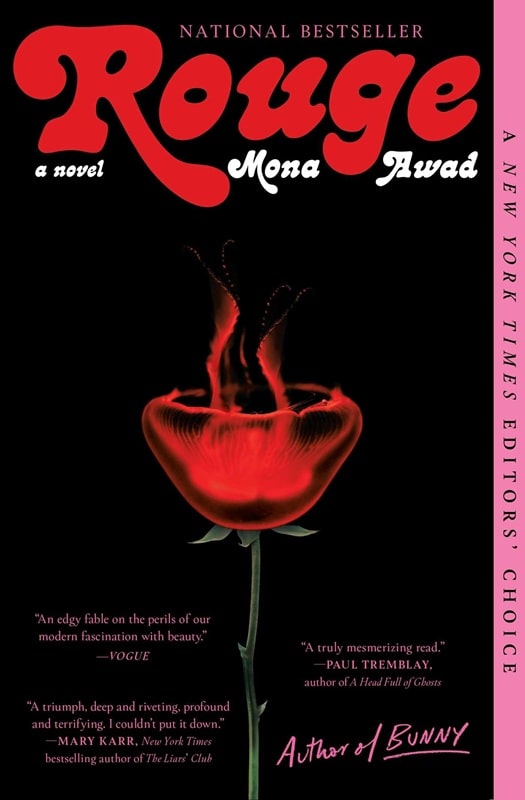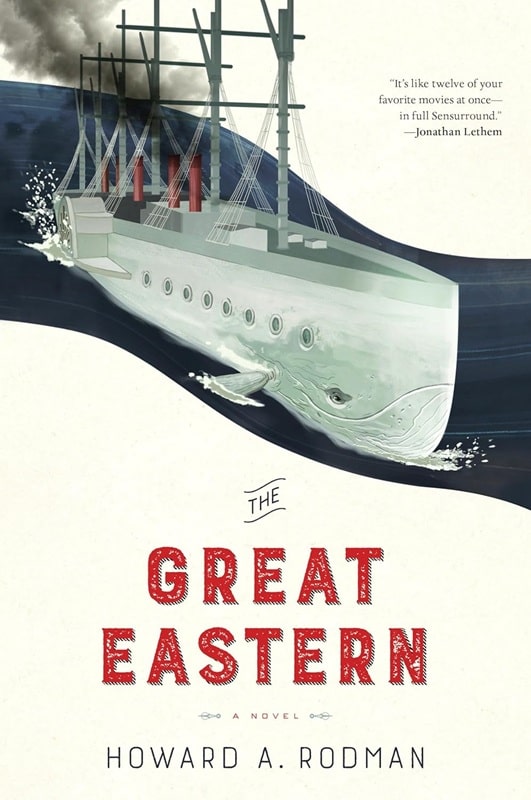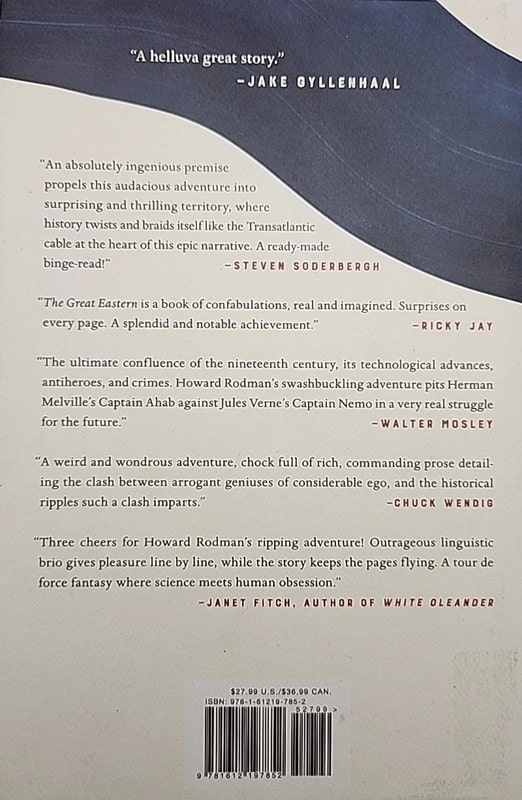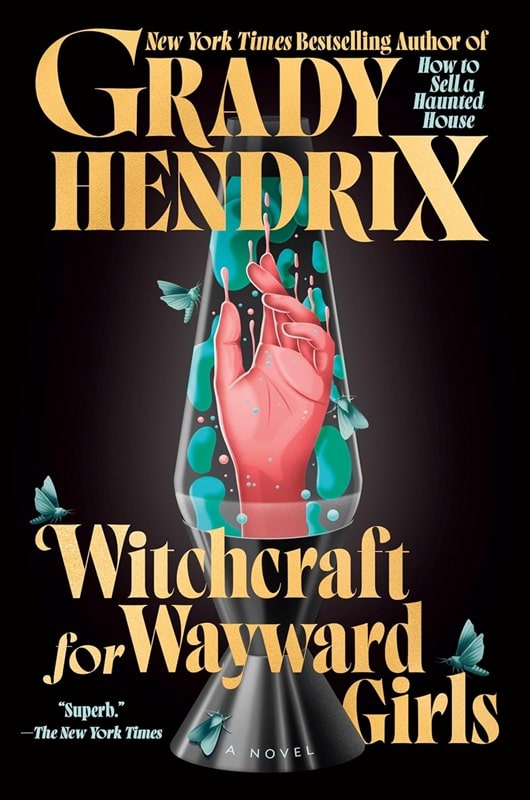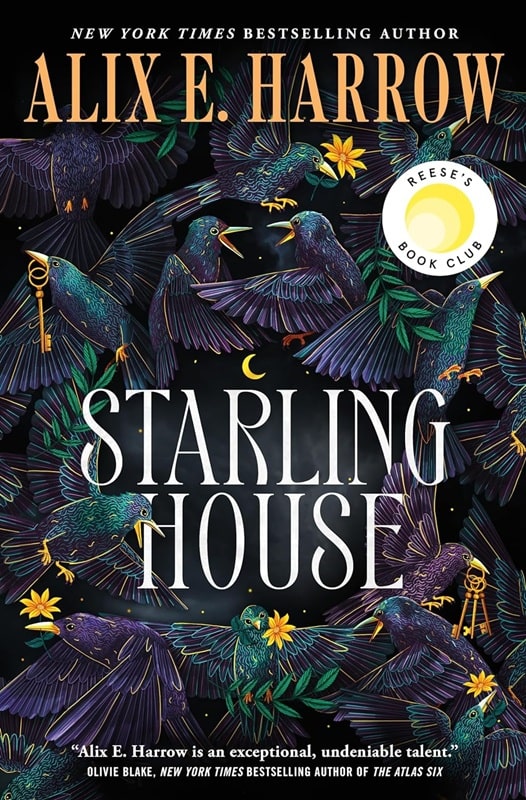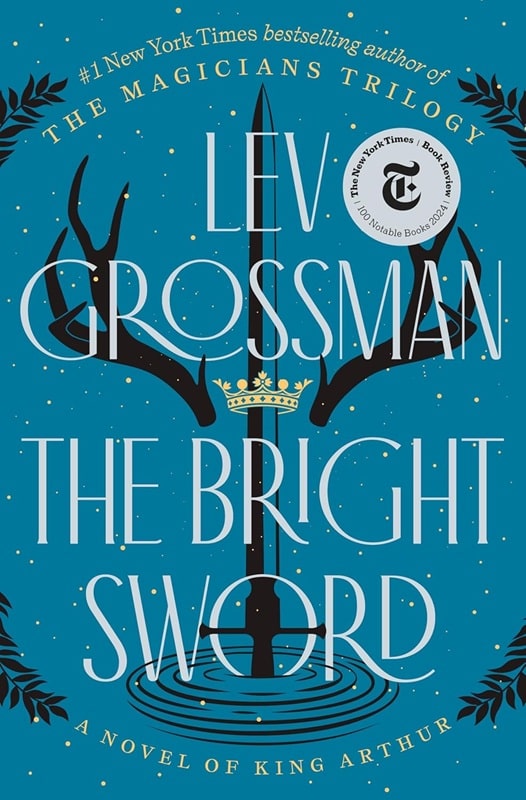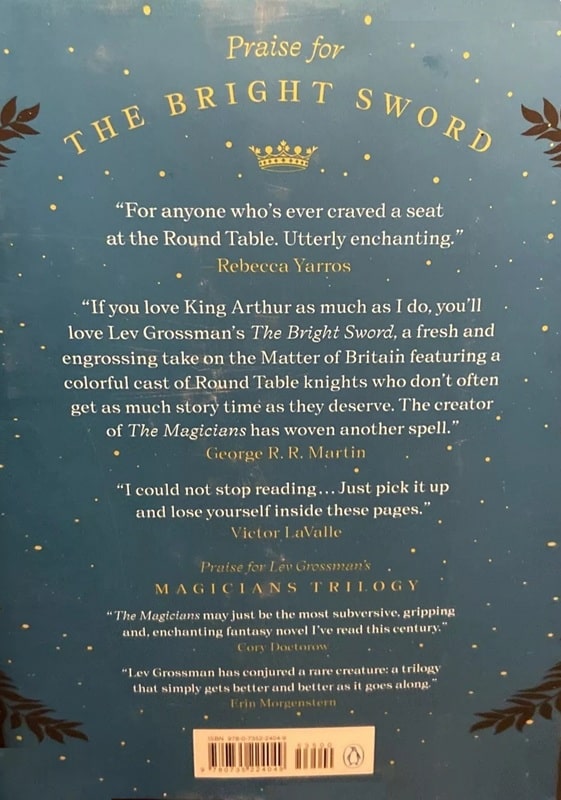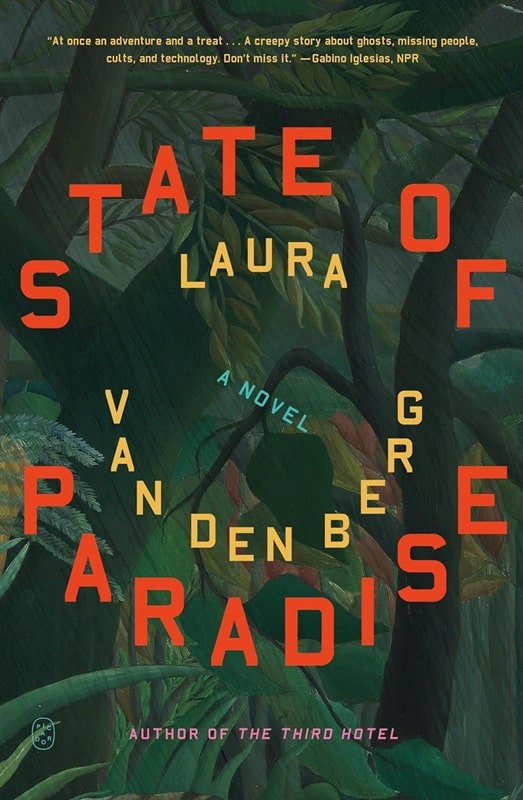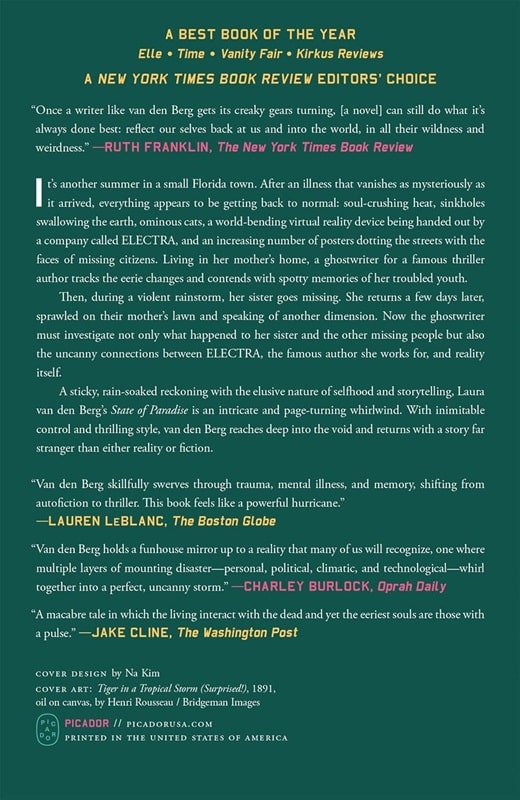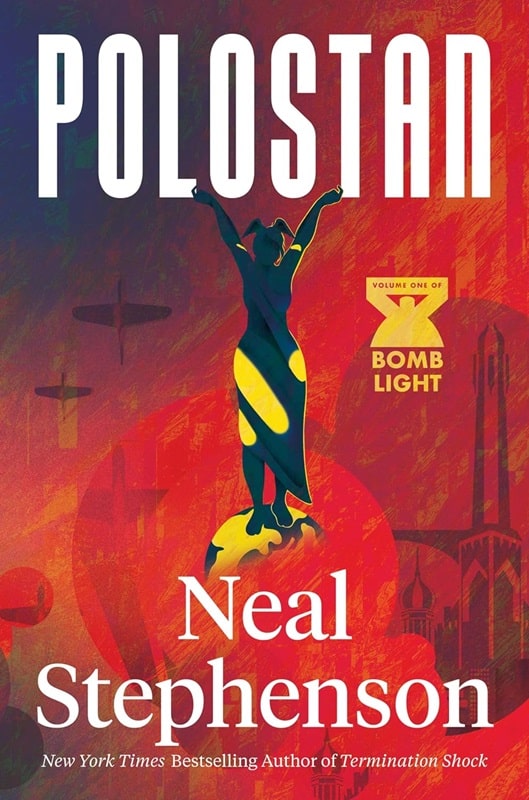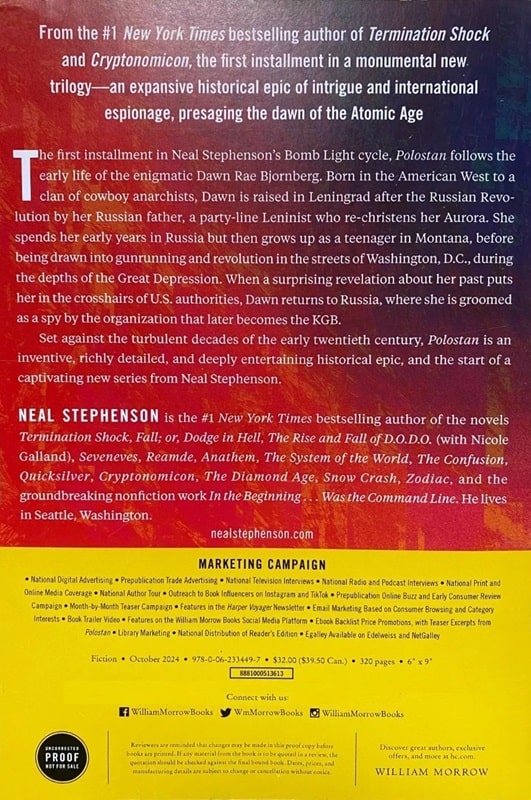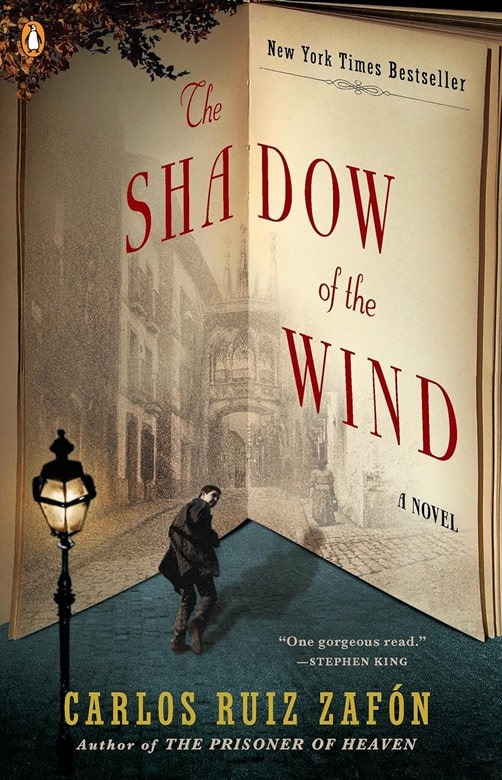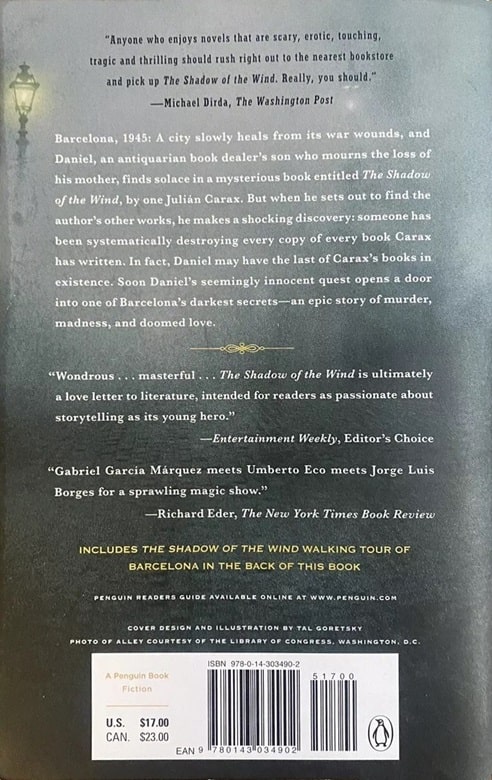Alt History on Acid: Shadow Ticket by Thomas Pynchon
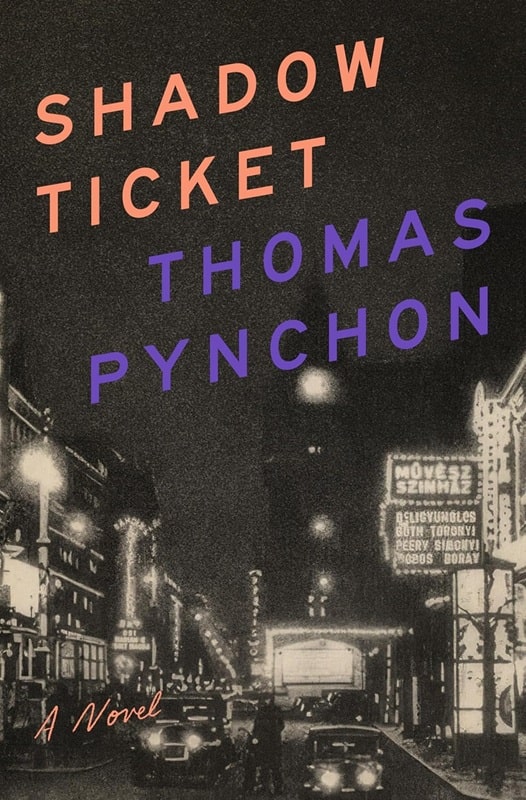
I never really fully understood what Thomas Pynchon’s Gravity Rainbow was about. Much like everyone else. As one critic put it,
I doubt that anyone could account for everything going on in Gravity’s Rainbow, even Pynchon himself, although I suppose he has an edge on the rest of us.
I sort of knew it had something to do with V-2 rocketry and associated penis imagery, fascism and political satire, conspiracies and paranoia, alt-history, combined in a hodgepodge of puns, jokes, silly song lyrics, and linguistic puzzles spread amongst loosely connected absurdist plot lines. And that is sometimes characterized as the
Great American Novel, like Moby-Dick. Unlike Melville’s readers, though, Pynchon’s readers can go for pages at a time without one clue as to what is going on with the plot, setting, or characters.
Which I think is the point. To not know what is going on. Because that’s the way life is; no controlling narrative, but rather a series of random occurrences that nonetheless shape the impenetrable human condition.

